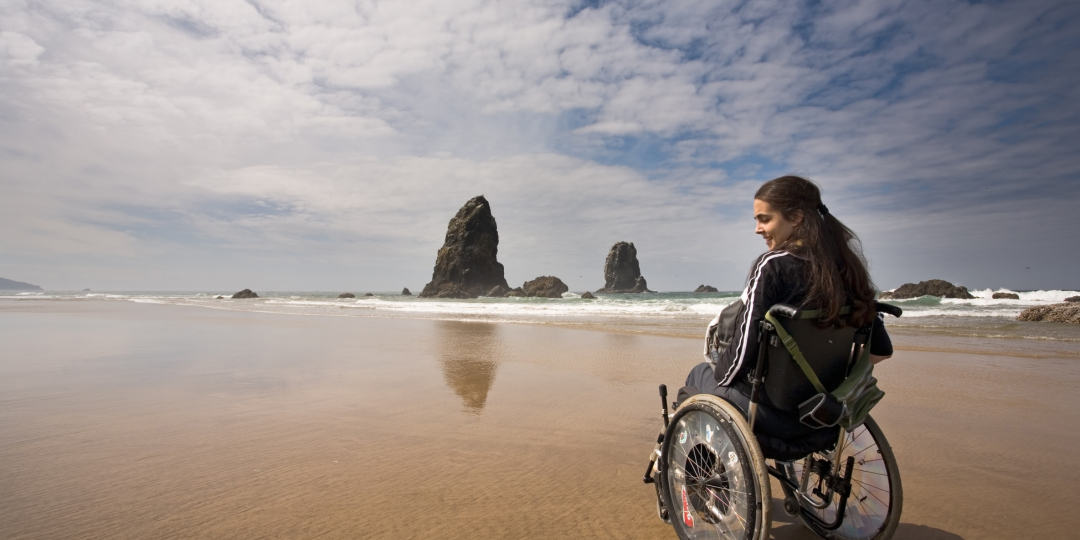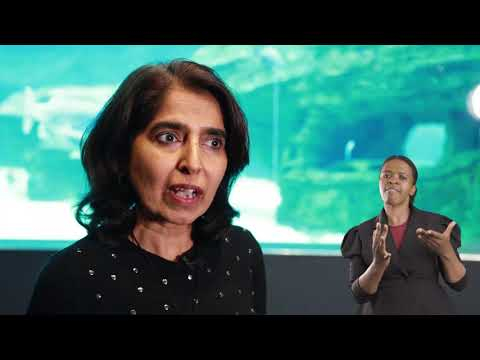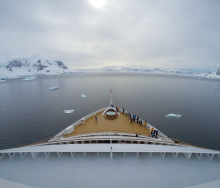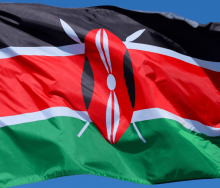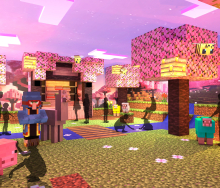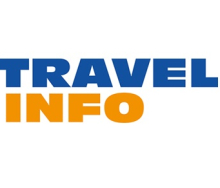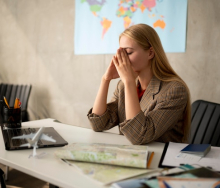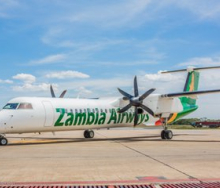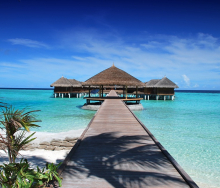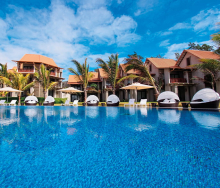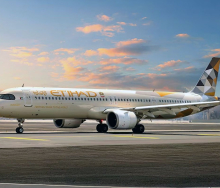It’s common cause that travelling can be challenging for disabled travellers. The lack of adapted and accessible hotel rooms, restaurants, stores, bathrooms and public spaces are still some of the most significant challenges.
Following the 2021 International Day of Persons with Disabilities (Friday, December 3), SA Tourism said industry stakeholders continue to advocate for inclusion for physically disabled individuals in the tourism sector.
“Persons living with disabilities still face challenges such as inaccessible hotel and accommodation establishments,” said Acting Chief Quality Bureau Office of TGCSA, Amanda Kotze-Nhlapo.
According to the World Report on Disability, released by the World Health Organization, it is estimated that globally there are over a billion people (about 15% of the world’s population) living with disabilities.
“This year, International Day of Persons with Disabilities should be used to recognise that people who live with disabilities are among the most marginalised and discriminated-against part of the population. As a tourism industry, we need to pull together for more meaningful investments into the socio-economic building blocks that will reduce the barriers that prevent persons living with disabilities from travelling,” said Kotze-Nhlapo.
Through the TGCSA, SA Tourism works in partnership with all key stakeholders to create awareness and encourage tourism businesses, operators and establishments to implement best-practice standards and be universally accessible to all travellers.
TGCSA, as the custodians of quality assurance and service excellence, has universal accessibility criteria that ensure that accredited establishments are able to provide guests with universally accessible tourism product offerings that comply with global standards.
Universal accessibility refers to the design of products and services that are accessible to all people. It ensures that all individuals, regardless of their socio-economic class, ethnicity, or physical disability, have equal access to services and products for their benefit.
The Department of Tourism has also been focusing on making more South African attractions accessible to all travellers and has recently engaged with various organisations that represent persons with disabilities, to explore how the tourism industry can serve them better, and to ensure that tourist destinations, products and services are accessible to all people, regardless of their physical limitations, disabilities or age.
According to the website, disabilityinfosa, steps have been taken to promote guidelines, and major resources are now dedicated to Accessible Tourism - these include marketing, booking systems, websites and services.
Dedicated online booking sites are available, allowing travellers to list their disabilities and needs, so that they can be better accommodated in an accessible room or suite designed to accommodate wheelchairs.
Accessible travel websites also provide information about which restaurants, safari operators, hotels and holiday destinations in South Africa are accessible, how accessible they are and which disability needs can be accommodated.
‘More than wheelchair ramps’
Operators need to be aware of much more than wheelchair ramps when declaring that their properties and services are accessible. When hosting guests with different disabilities, tourism suppliers have to consider wheelchair sizes, capacity of accessible areas and more.
“Since the early 2000s, around the televising of the Paralympic Games, there has been a lot more awareness of people with disabilities and their capabilities,” said Pam Taylor, Owner of Flamingo Tours, a tour operator specialising in accessible travel in South Africa.
She said there had been a sudden urge from the tourism industry to help, and many people had contacted her, asking how they could make their properties more accessible.
“You’ve got to start right from the parking lot. Can you get from there into the foyer in a wheelchair? Can you access an accessible room and all the facilities, the pools, gyms, bathrooms, restaurants, etc? Most accommodations find that it simply costs too much to change everything,” she said, adding that many of her clients with disabilities were very understanding.
“Most of them just appreciate the effort where they see it and don’t make a fuss if they can’t necessarily access the pool, for example.”
Taylor emphasised that, when designing accessible spaces, there was no ‘one-size-fits-all’. “There are so many variations and people’s abilities really depend on their particular case.”
What does South Africa offer?
South Africa offers an array of universally accessible quality-assured tourism products and experiences. Watch the video for more info:
